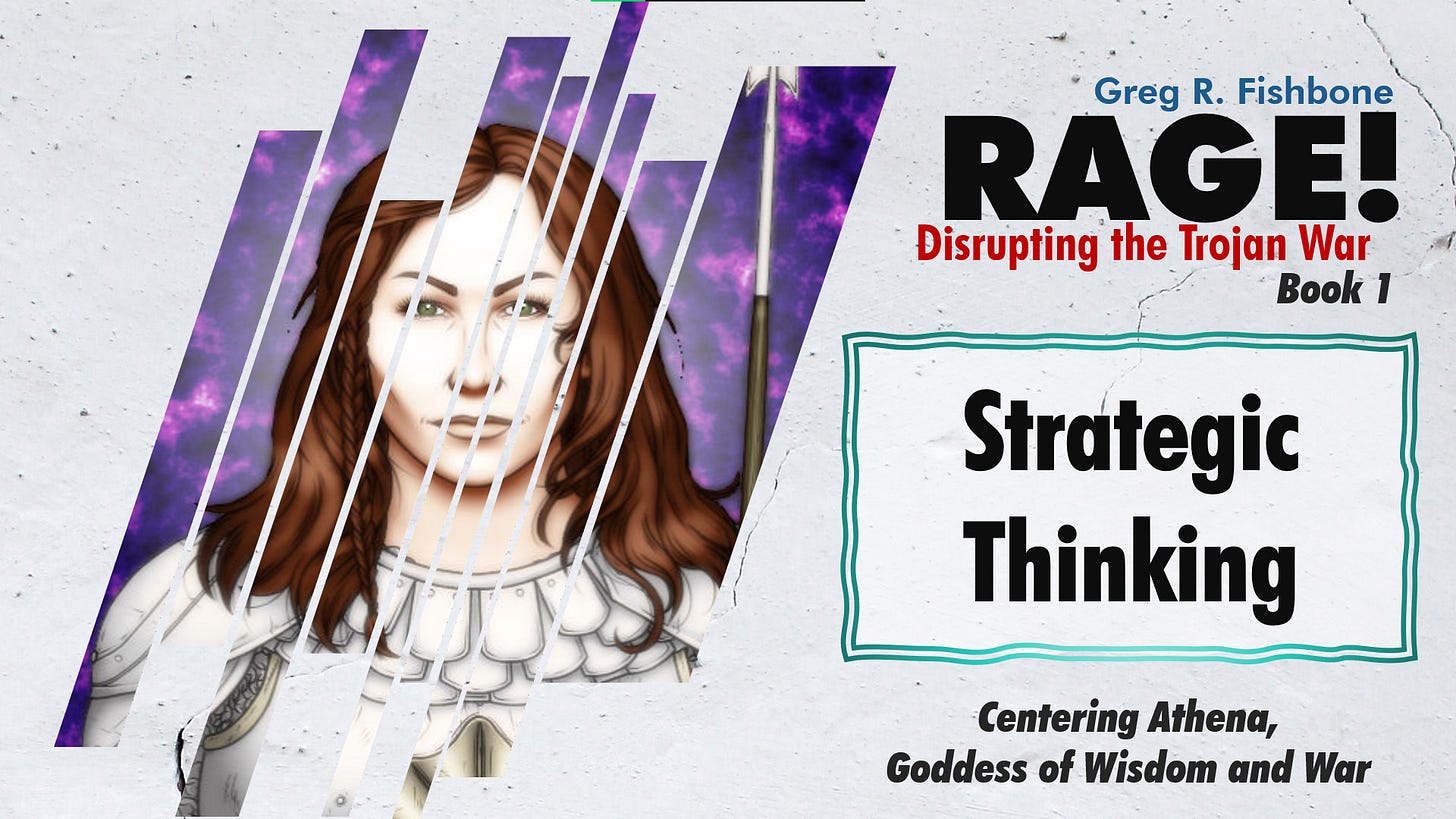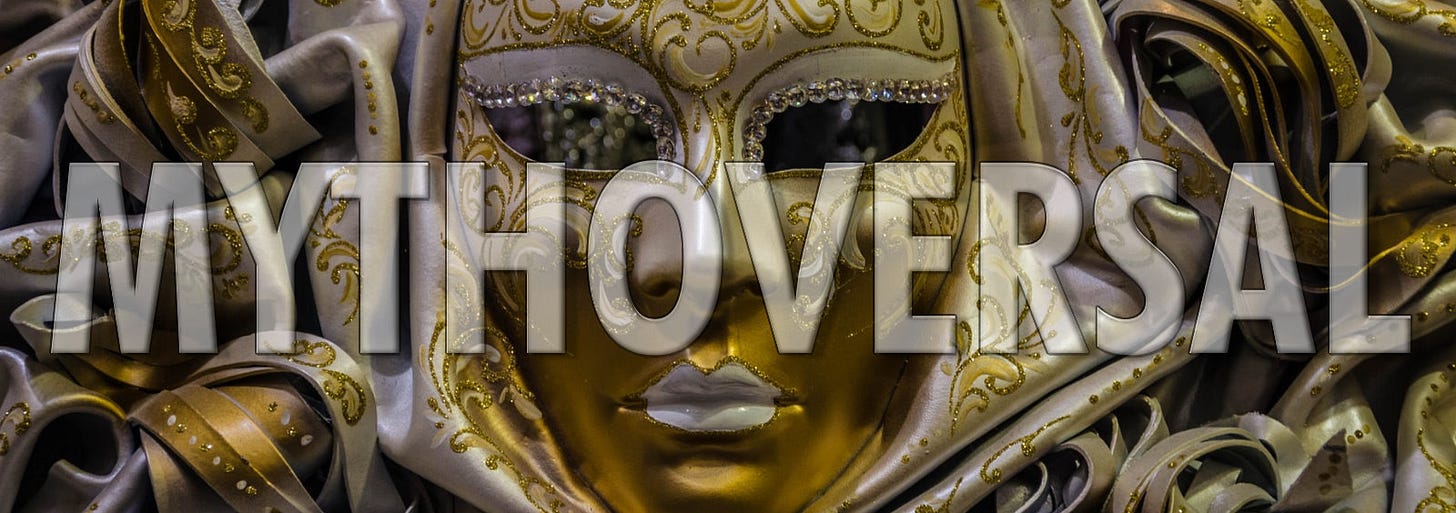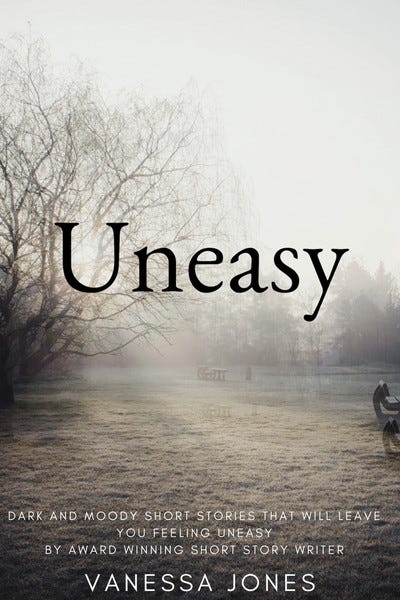Trojan War Wednesday: Hercules, Heracles, and...Melqart?!
The secret recipe for this legendary strongman is one part Greek, one part Roman, and some unknown quantity of Phoenician.
My teachers taught me that Hercules was the Roman version of Heracles, the legendary Greek strongman who was elevated after his death into a god of strength and heroism. Same character, same stories, in a one-to-one correspondence.
But the Greek and Roman versions of this character both incorporated elements of Melqart, a Phoenician hero-god whose exploits were first borrowed by the Greeks and then by the Romans up to the end of the Punic Wars.
Initially, as trade passed between Greece and Phoenicia, so did the stories of far-traveling Melqart, the patron of Phoenician traders. The Ancient Greeks came to refer to Melqart as “The Tyrian Heracles,” while setting the birth of their own Heracles in Boeotian Thebes, a Phoenician colony in the Greek heartland.
The Romans incorporated the Greek Heracles into their Roman version of Hercules. In the process, elements of Melqart came along for the ride. Roman Hercules continued to develop alongside an increasingly antagonistic rivalry between Rome and the Phoenician colonies, including Carthage.
Then with the fall of Carthage to the Roman military, shrines and temples to Melqart across the Mediterranean were rededicated to Hercules. And the Phoenician-named Pillars of Melqart, still visible today in Gibraltar and Morocco, became the Pillars of Hercules.
Hercules/Heracles/Melqart didn’t just roam the ancient world on a series of adventures. Three major civilizations of the ancient world came together to collaborate on his development.
Writing Hercules/Heracles
To be honest, I’ve never been a fan of Hercules/Heracles. He murders his own family, including young children, claims a “temporary insanity” defense, and is sentenced to community service. He is celebrated for clearing the land of monsters, but where real heroes are motivated to help others, Hercules/Heracles performs his most prominent labors under duress to his parole officer, Eurystheus.
And yet, this week I found myself writing three separate Heracles/Hercules stories.
One is a serialized fiction project I’m drafting for Amazon’s upcoming Kindle Vella service, following my headcanon that Heracles was once transgender. Early installments of Becoming Hercules are available to logged-in newsletter subscribers, and I’ll have more to say about this project in a future newsletter.
The second project is a pastiche I’m submitting to a charity anthology, set at the end of the Twelve Labors. I’ll have more about “Hercules Meets His Match” once I know where it will be available to read.
The third project is part of Rage, my Iliad retelling, in which Heracles appears as a recently ascended god who is still settling into his new groove.
What I Learned
Writing about Hercules/Heracles from these three different points along his personal timeline has given me a new appreciation as a writer for the multitude of stories that can fall into the strongman archetype. Today we have Superman and an endless collection of other superheroes, but none of them are going through quite the same journey as Hercules/Heracles.
This is the versatility and complexity that may have led the storytellers of Greece and Rome to appropriate the stories of Melqart. It would have been a shame to waste such great material, even after the civilization that created it had come to an end.
Heracles and Homer
I may do some Heracles/Hercules Wednesdays in the future, but the character also fits into the Trojan War theme. In fact, Heracles casts a long shadow over Homer’s Iliad.
In the generation before the Trojan War, Heracles had already sacked Ilion, broken its walls, and decimated its royal house. Among his allies in this campaign were the fathers of Achilles and Big Ajax, setting up the Epic Cycle as a Heracles sequel in which Achilles and the other Achaeans try to recreate a deed that Heracles had already accomplished.
Within the expanded Epic Cycle, Agamemnon’s forces were fated to spin their wheels indefinitely unless they could bring Hercules’s best friend, Philoctetes, into the fold. Along with Philoctetes, Heracles’s magical bow and hydra-poisoned arrows featured prominently in the final phase of the war as Bronze Age weapons of mass destruction. And Heracles himself showed up for a cameo in the Posthomerica when his grandson, fighting for Troy, was killed by the grandson of Peleus.
Are you a fan of Heracles/Hercules as a character? Would you like more information about him? Let me know in the comments, and thanks for reading.
—Greg R. Fishbone, Mythoversal Author-in-Residence
Nine years into the siege of Troy, the greatest Achaean warrior, Achilles, is sidelined by rage and resentment following a conflict with his commander, Agamemnon. This short but intense phase of warfare leads to devastating losses on both sides, conflict among the gods, and great tragedy on a human level.
Rage! is a disruptive retelling of Homer’s Iliad, restoring diversity, inclusion, and equity to a three-thousand-year-old tradition.
This week’s Rage centers Athena, Goddess of Wisdom and War, exploring how such a being might think while also advancing the story of Olympian gods visiting Africa, which Homer teases us with in their version of the Iliad.
Through retold myths, informational articles, and educational resources, Mythoversal seeks to foster a deeper understanding of traditional cultures, their impact on each other, and on the modern world.
Our entry point into the Mythoverse is the land of Mythoversal Hellas, where we disrupt and deconstruct Greek, Hellenic, Roman, and Byzantine sources to create a mythic environment that's inclusive, inviting, relevant, and welcoming. The result is both a setting and a lens for modern readers.
The Mythoversal Newsletter brings author commentary, mythological movie reviews, and occasional essays to your inbox. If a friend forwarded this issue to you, consider subscribing for yourself to be sure you don't miss any future content.
Other Books You May Enjoy
Uneasy by Vanessa Jones
Uneasy is a collection of dark short stories with an undercurrent of suburban ennui and the uneasiness that comes from ordinary life. Each story is haunting in its way it highlights the things we don't want to talk about but, nonetheless, exist.











I'd love to hear what happens with your Vella experiment. It's tempting to try it out.